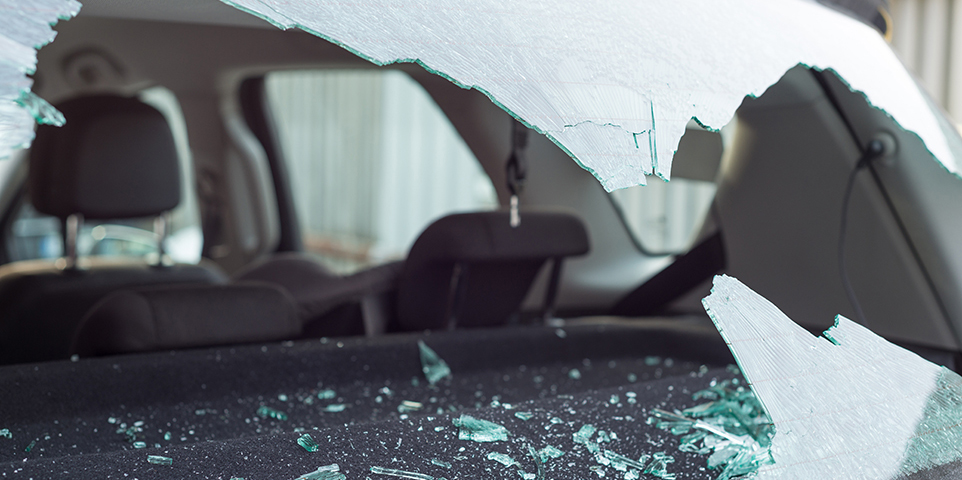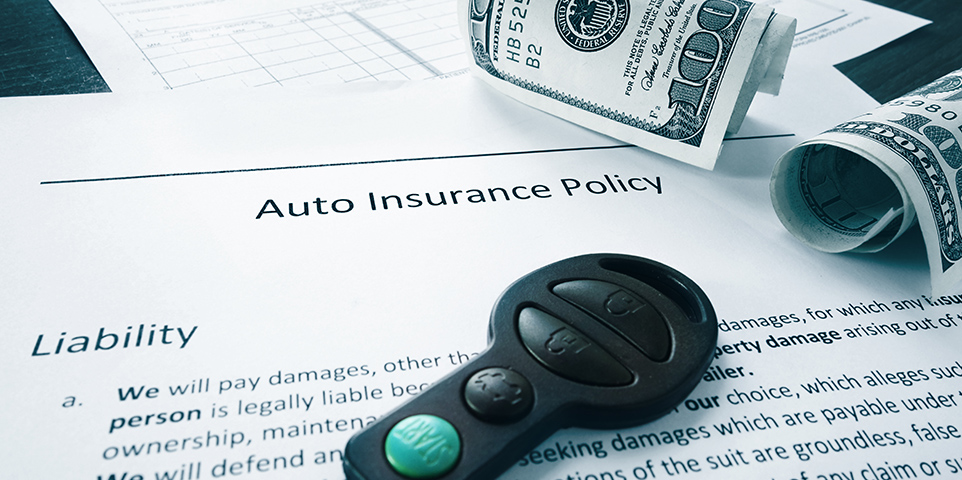 Auto Insurance
Auto Insurance What is covered by a basic auto insurance policy?
 Auto Insurance
Auto Insurance How to find the right auto insurance What more personalized suggestions? Register Now - It's FREE!

Basic personal auto insurance is mandated by most states and provides you with some financial protection in case of an accident. But is it enough? What are the options? Learn how car insurance works and what types of coverage are available.
Auto insurance is a contract between you and the insurance company that protects you against financial loss in the event of an accident or theft. In exchange for your paying a premium, the insurance company agrees to pay your losses as outlined in your policy.
Auto insurance provides coverage for:
Basic personal auto insurance is mandated by most U.S. states, and laws vary. Auto insurance coverages are priced individually (a la carte) to let you customize coverage amounts to suit your exact needs and budget.
Policies are generally issued for six-month or one-year timeframes and are renewable. The insurance company sends a notice when it’s time to renew the policy and pay your premium.
Your auto policy will cover you and other family members on your policy, whether driving your car or someone else’s car (with their permission). Your policy also provides coverage if someone who is not on your policy is driving your car with your consent.
Your personal auto policy only covers personal driving, whether you’re commuting to work, running errands or taking a trip. It will not provide coverage if you use your car for commercial purposes—for instance, if you deliver pizzas.
Personal auto insurance will also not provide coverage if you use your car to provide transportation to others through a ride-sharing service such as Uber or Lyft. Some auto insurers, however, are now offering supplemental insurance products (at additional cost) that extend coverage for vehicle owners providing ride-sharing services.
Auto insurance requirements vary from state to state. If you're financing a car, your lender may also have its own requirements. Nearly every state requires car owners to carry:
In addition, many states require that you carry:
Even if PIP and uninsured motorist coverage are optional in your state, consider adding them to your policy for greater financial protection.
While most basic, legally mandated auto insurance covers the damage your car causes, it does notcover damage to your own car. To cover your own car, you should consider these optional coverages:
Collision and comprehensive only cover the market value of your car, not what you paid for it—and new cars depreciate quickly. If your car is totaled or stolen, there may be a “gap” between what you owe on the vehicle and your insurance coverage. To cover this, you may want to look into purchasing gap insurance to pay the difference. Note that for leased vehicles, gap coverage is usually rolled into your lease payments.
Next steps: Check out this handy infographic on the types of required and optional drivers insurance coverages.
 Auto Insurance
Auto Insurance
What is covered by a basic auto insurance policy?  Auto Insurance
Auto Insurance
How to find the right auto insurance What more personalized suggestions? Register Now - It's FREE!